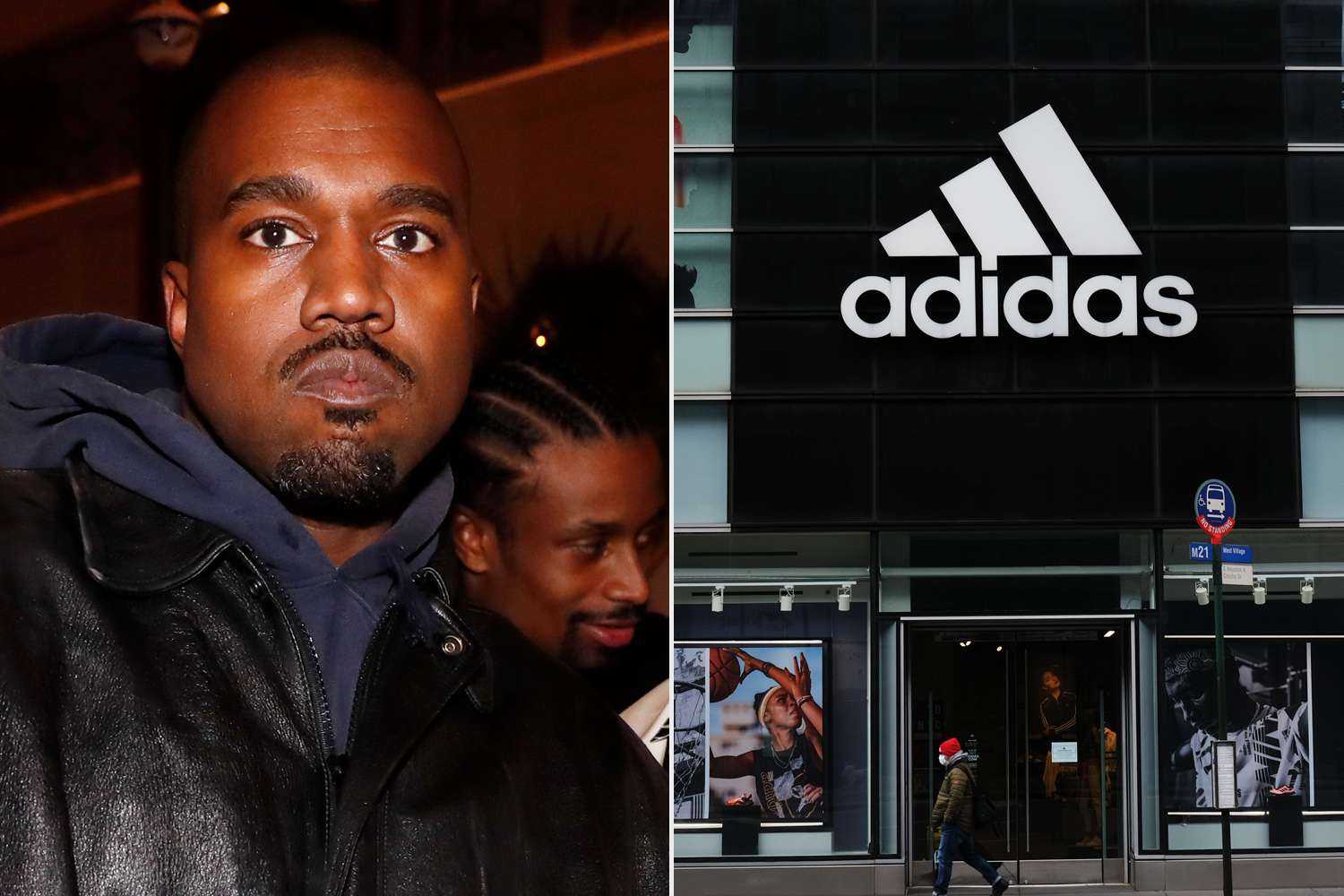The end of Yeezy era: When Adidas droped Kanye West over controversial comments
Adidas ended its lucrative partnership with Kanye West due to his anti-Semitic remarks, costing the company an estimated €250M. The move comes after widespread criticism and reflects the brand's stance against hate speech.

Kanye West (Source: People)
In a move that sent shockwaves through the fashion and entertainment worlds, Adidas officially ended its nearly decade-long partnership with the iconic US musician and fashion designer, Kanye West, now legally known as Ye. This decision, rooted in a series of controversial statements by West, marks a significant turning point in the artist's career and the brand's history. Today, we take a nostalgic look back at this pivotal moment, understanding its impact and the conversations it sparked about celebrity influence, brand responsibility, and the boundaries of free speech.
Adidas's announcement on October 25 to cut ties with Kanye West came after the artist's deeply controversial anti-Semitic remarks. The brand stated, "after a thorough review, the company has taken the decision to terminate the partnership with Ye immediately, end production of Yeezy branded products and stop all payments to Ye and his companies." This bold move underlined Adidas's commitment to fighting hate speech and marked the end of a collaboration that was not only lucrative but also culturally significant, blending the worlds of music, fashion, and sports in unprecedented ways.
Kanye West's journey into the heart of controversy began with a series of anti-Semitic posts on social media, leading to widespread condemnation. "Really, @adidas? You continue to partner w/ Ye as he spreads vile #antisemitism," tweeted Jonathan Greenblatt, CEO of the Anti-Defamation League, spotlighting the growing tension between West's creative genius and his increasingly divisive public persona.
The repercussions of Adidas's decision were far-reaching. The termination of the partnership was not just a moral stand against anti-Semitism; it was a financial blow to the company, with an expected hit of nearly €250 million to its net income for the year. Yet, the stance against hate speech resonated with many, reinforcing the idea that businesses have a role to play in upholding societal values.
Kanye West's fall from grace didn't stop with Adidas. Other major brands and institutions, including Balenciaga and talent agency CAA, distanced themselves from the artist, highlighting the industry's zero-tolerance policy towards hate speech and discrimination. The controversy also reignited discussions about the responsibilities of celebrities with significant influence and the impact of their words and actions on public discourse.
Adidas's decision to sever ties with Kanye West serves as a powerful reminder of the delicate balance between creative freedom and the responsibility that comes with public platforms. As we look back on this moment, it's clear that the implications go far beyond the immediate financial losses or the end of a fashion line. This event challenges us to consider the values we support and the kind of world we wish to create.
In the end, the Adidas-Kanye West saga is not just a story of a partnership gone sour. It's a reflection of our times—a time when brands and individuals alike are held accountable for their words and actions, reminding us that our choices define us, in both the world of fashion and beyond.
(Several parts of the text in this article, including the title, were generated with the help of an AI tool.)







